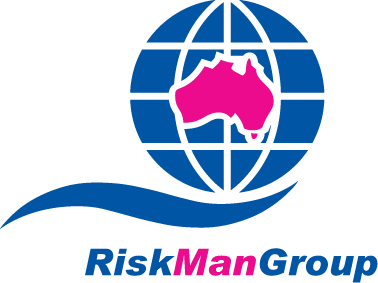Resolving Team Conflict for Major Project Performance Delivery
Technically trained professionals often focus on processes and outcomes without acknowledging the influence of human aspects – gender, race, experiences and personality. This can lead to team misunderstandings, conflict, poor communication, low morale, high turnover and dysfunctional ways of working, which can significantly impact on the successful delivery of a project.
Establishing shared values and behaviours to enable effective communication and interaction is helpful.
Applying lessons learned, using a ‘narrative therapy framework’, in which stories are used to outline the issue, understand the meaning of what is being said and construct a way forward, can achieve significant outcomes. A mediation and conflict resolution approach is the most effective way to conduct this process.
The Mediator’s Role
A facilitator/mediator is key to the mediation process and does not maintain a neutral position, but expresses a clear commitment to a fair hearing for all, protects those without a clear power base and ensures equity in outcomes. Essentially, the mediator promotes a sense of social justice within the team.
The Mediation Process
Most work in organisations and teams requires coordinated action amongst multiple individuals. To be successful, groups must access knowledge, develop a shared understanding of how best to apply it, and act in a coordinated manner, that reflects new knowledge and insights.
Mediation enables an alternative understanding of events and behaviours. The mediator can change team dynamics by facilitating new insights into one another’s beliefs, feelings and behaviours. A key outcome is to diminish the negative motivations that individuals attribute to each other’s actions. This is done by building trust in the person and the process, using language that externalises the issues, outlining the effects, deconstructing the negative connotations and developing strategies to show meaning and solutions to the problem.
Story telling, listening, psychological safety, reflection, cooperation and strategy development are key principles in the learning and mediation/resolution process.
Case Study
A major EPCM Project ($1.5b) in Australia utilised the process of mediation and conflict resolution extensively which enabled the project to be delivered ahead of time and below budget.
The veracity of the mediation and conflict resolution approach was fully realised in the project, producing all deliverables ahead of schedule, saving more than 10% on the project budget; all in an accelerated market suffering high personnel turnover.
Conclusions
If project managers can understand the mechanics of human drivers, they are well equipped to manage varied conduct and draw together teams of individuals to fully realise shared goals. Lessons learned should be carried forward to optimise the continuous improvement process. These lessons are usually mostly behavioural, and centre round respect, attitude and manner. The issues and challenges facing our projects today, are primarily embedded in the behaviours and interactions of our project teams.
The benefit of storytelling is that it is open, ongoing and changing, just as is the need for learning and new knowledge. As the workplace culture changes, so do the stories and individuals. Technical focussed professionals need to reject the imperial empiricism of design and processing and be helped to construct new meaning and new interpretations of who they are, who they have been and what they can become.

Leave a reply
You must be logged in to post a comment.